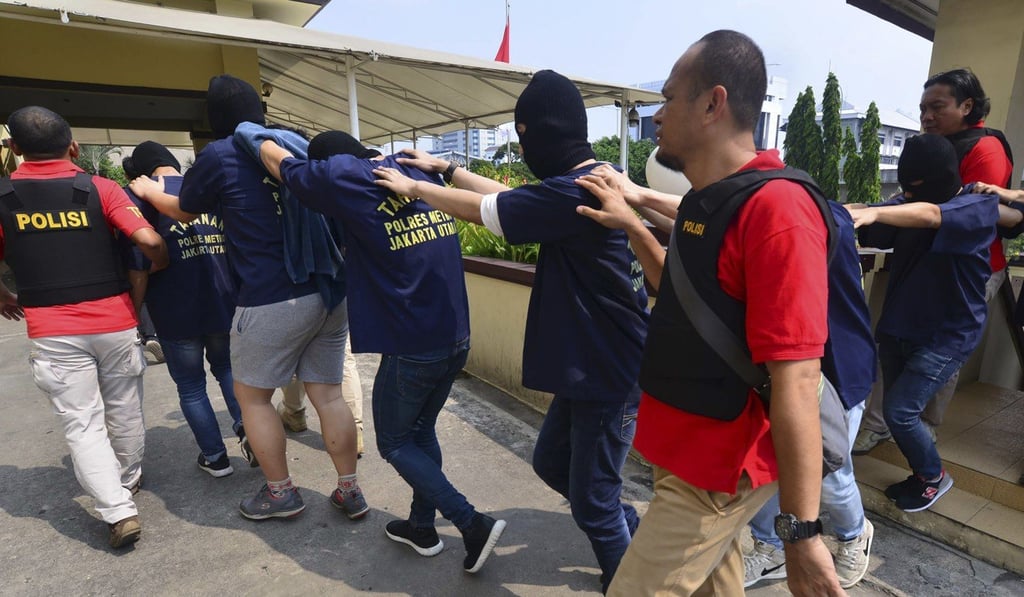Indonesia’s LGBT youth bears brunt of hostility towards gay and lesbian community
In the Muslim-majority country, religious fundamentalists continue to frame LGBT people as enemies, helping to fuel the growing intolerance of its homosexual community

Indonesian social media was flooded with images of the 141 men, many shirtless and faces turned away from the cameras, who were detained in a raid on the men-only Atlantis sauna in Jakarta.
The incident was slammed by human rights activists worldwide in May, before it quickly faded from the news. Yet it remains one of the most public examples of Indonesia’s growing intolerance of its LGBT community.
Indonesian police make mass arrests after raid on ‘gay party’ at sauna
Unlike in neighbouring Singapore and Malaysia, there are no laws against homosexuality in Indonesia. So, like everyone else in Indonesia, the LGBT community should be afforded protection under human rights and equality laws.

In recent years, however, regional governments, such as in Aceh province, which practises sharia law, have introduced regulations that target perceived homosexual “behaviours” and prosecute suspected LGBT individuals under existing laws. That includes the pornography law, which was used to threaten the men in the Atlantis sauna case.
Most of the men involved in the gay party were detained. About 126 were released because officers could find no incriminating evidence (such as illicit drugs) to hold them. Nevertheless, they were subjected to inhumane treatment, including not being allowed to dress during their arrest or period of detainment.